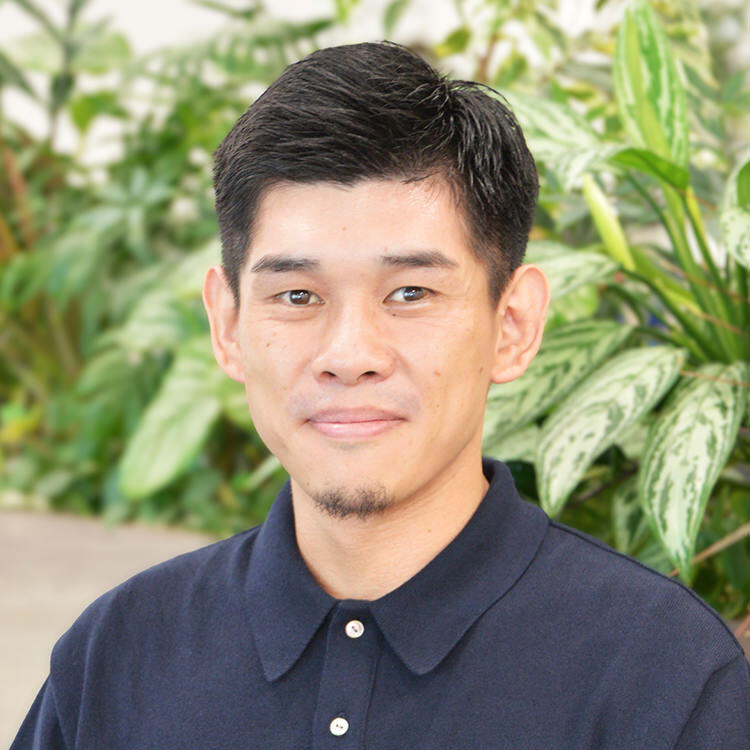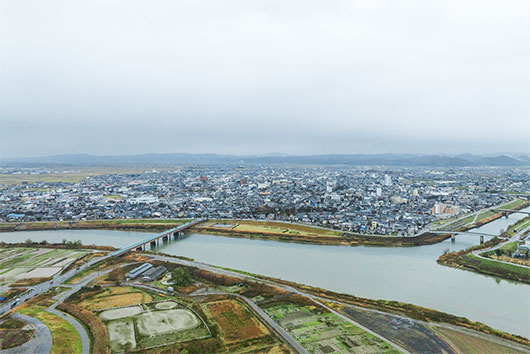Utilizing unused public land has become an urgent issue for local governments, and PPP are on the rise. How do you define a business vision, how do you build a business scheme, and what is important for successful public-private partnerships? We interviewed Toru OGAWA of the Social Good Creation Sec., Integrated Project Dept., Social Innovation Div.
INDEX
- The effective use of public real estate (PRE) has become an urgent issue
- High Expectations for PPP
- The Number of Market Sounding Surveys Also Increased Significantly
- But Problems on the Ground are Growing
- Successful Soundings Lead to Successful PPP Projects
- Issues Emerging in Utilizing Public Real Estate
- PACIFIC CONSULTANTS' Initiatives
- Strategic Use of PRE is Urban Development
The Effective Use of Public Real Estate (PRE) has Become an Urgent Issue
--Reorganization of public facilities and the effective use of public land have become major themes for local governments. What is the background to this?
OGAWA: It is true that many public facilities are now being consolidated, downsized, or repurposed, and the resulting vacant and surplus land is becoming an issue. One of the reasons for this is the declining population and diversifying user needs.
Many of the public facilities were built in the 1960s and 1970s in anticipation of the population increase that was expected at the time. However, as we enter an era of serious population decline, many areas are being forced to review the quantity of facilities, and the diversification of user needs is forcing a reexamination of the services they provide.
Another factor is the aging of facilities. Many of them were built more than 50 years ago, and large-scale repairs and earthquake reinforcement are essential. However, securing the financial resources is not easy. Local finances are currently facing a decline in tax revenue due to population decline and an increase in mandatory expenses, especially welfare expenses, and there are limitations on the budget for maintaining and managing owned facilities.
High Expectations for PPP
--It seems that there are an increasing number of cases where PPP are being used to utilize public real estate.
OGAWA: Local governments today face many challenges in the face of severe financial circumstances, such as maintaining social infrastructure and administrative services, providing medical and nursing care services appropriate for an aging society, and creating livable towns. The national government is also calling for a shift away from policies that were based on the era when the challenge of town development was to control population growth and the associated development pressure, and is encouraging "compact cities" that consolidate and relocate urban functions to an appropriate scale, assuming a declining and aging population. This calls for the reorganization of public facilities and the creation of private business operators that create synergies with public functions that utilize the public land that is created as a result. In this context, PPP (Public-Private PPP), which utilize the funds and know-how of private businesses to provide public services, are attracting attention and are being implemented in increasing numbers. PFI (Private Finance Initiatives) are one such business method.
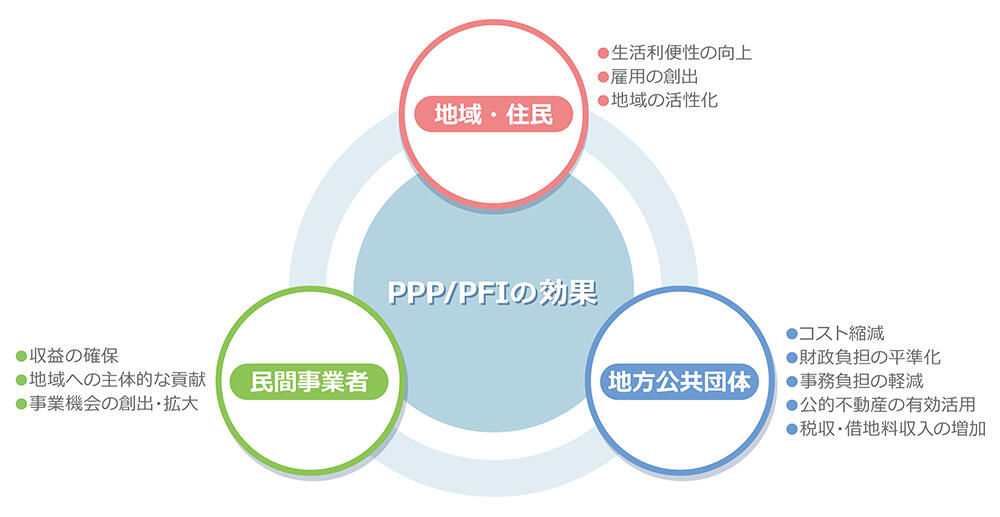
The Number of Market Sounding Surveys Also Increased Significantly
--Is that the reason for the increase in market research known as "sounding"?
OGAWA: That's right. Along with the expansion of various PPP methods such as PFI projects, the number of local governments engaging in sounding-type market research has rapidly increased.
Sounding-type market research (hereinafter referred to as sounding) is a method in which local governments widely solicit ideas and opinions from private businesses about how to utilize land and facilities owned by local governments. The purpose is to explore ways to commercialize a project by incorporating a private perspective at the project proposal or commercialization consideration stage. Since the enactment of the PFI Act in 1999, the number of cases has gradually increased, and has especially increased sharply since around 2017. The number of cases has increased more than tenfold from 69 in 2016 to 716 in 2023. In 2018, the Ministry of Land, Infrastructure, Transport and Tourism also issued a "Guide to Sounding-Type Market Research for Local Governments," and there is a major trend to explore new ways of PPP through the implementation of soundings.
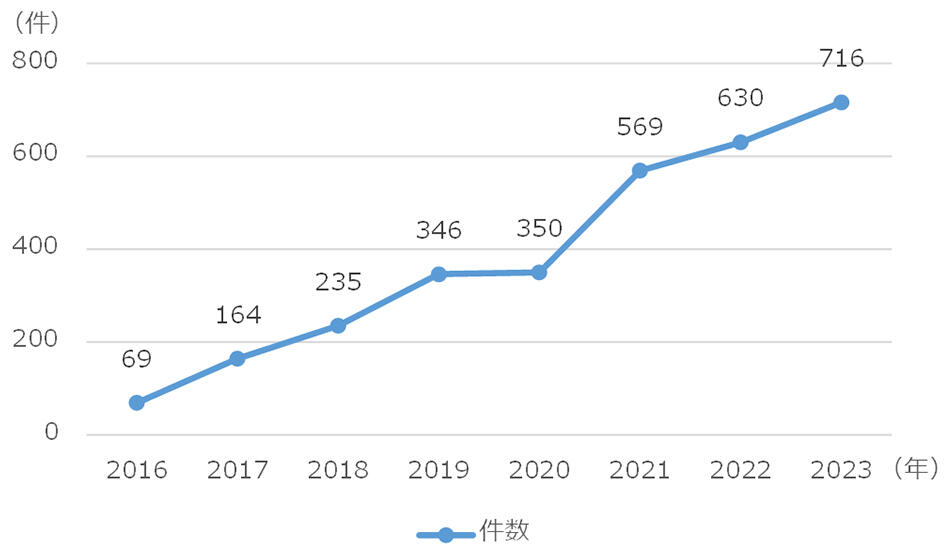
Source: Counting the number of cases from "Sounding-type Market Survey Implementation Status" on the Japan PFI/PPP Association website
As local finances become tight and citizen needs become more diverse, it is essential to consider introducing private funds and know-how into business ideas and business methods. In fact, voices are being raised from various regions from the government side such as "We would like to consider a unified scheme, including private use of surplus land created by the reorganization of public facilities..." and "We would like to find a vision that does not rely solely on housing needs," which is a major reason for the increase in soundings.
But Problems on the Ground are Growing
--While the number of soundings is increasing, are there any issues you are experiencing in the field?
OGAWA: I think that soundings are increasingly being conducted with the intention of "finding businesses and quickly commercializing the business." In particular, there are many cases where soundings are requested at a stage when the government's policy has not yet been decided. There are also voices from private business operators that want to contribute to the government and the community saying, "We would like the government to be more specific about the issues the government and the community are facing and the direction of the business that the government envisions."
--Even though it's called PPP, it's quite difficult.
OGAWA: To begin with, local governments and private business operators have fundamentally different positions. Local governments have the objectives of resolving issues facing the region and achieving financial soundness, and a corresponding long-term timeline. "Urban development" is the issue. In contrast, private business operators have a short-term timeline aimed at profit. Securing business profits is their biggest issue. This difference is fundamental, so in order to realize a PPP that satisfies both parties, we need to be creative in how we incorporate and utilize private services into public activities that promote urban development while resolving issues specific to the region.
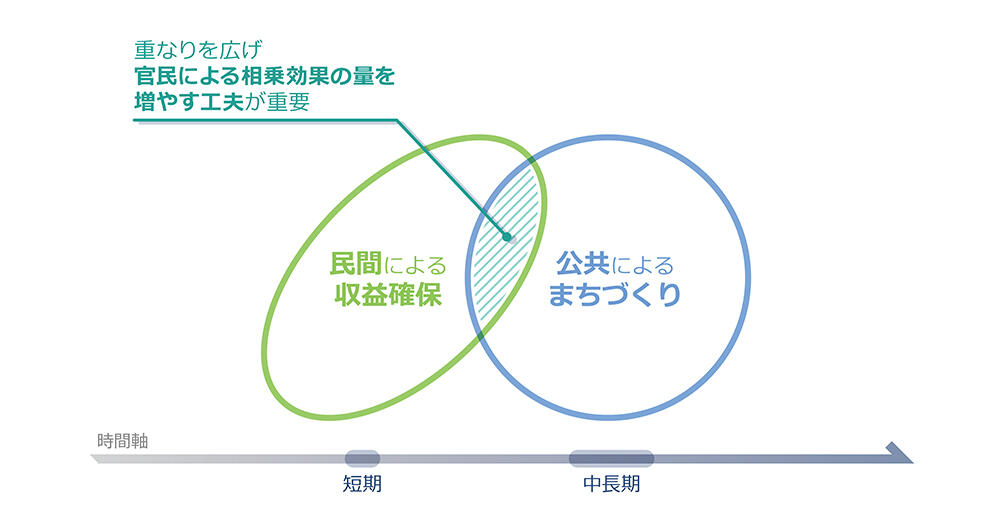
Successful Soundings Lead to Successful PPP Projects
--Soundings also play a major role in ensuring the success of PPP.
OGAWA: I think soundings are effective in exploring the ideal form of PPP based on the unique circumstances of each region. They play a particularly important role at the start of a PPP project.
--The public and private sectors, who are originally in different positions, can learn about each other's concerns and issues.
OGAWA: Soundings are a place for dialogue with private business operators that prioritize profits and assume short-term action. I think they are effective in understanding the public policy, which is based on the long-term time axis of urban development, and exploring the possibility of collaboration with businesses that are willing to work with us. Originally, soundings were not targeted at specific businesses, but were open to everyone, and all private business operators and organizations, including developers, design offices, construction companies, lifestyle companies, local businesses, and NPOs, can participate. This allows us to hear opinions from a wide range of sources, and from there we can identify gaps in the basic concept of the project as a public entity, and start considering how to achieve ideal collaboration between the public and private sectors, where problems exist and where there is room for improvement.
--It seems like the point is not to hear new ideas or opinions in favor from the private sector, but rather to identify the gaps.
OGAWA: You're right. I think the purpose of the soundings was to confirm the existence of gaps between the public and private sectors, to find ways to resolve these gaps and realize ideal collaboration, and to provide an opportunity to improve business concepts to make them more feasible and attractive by feeding back the opinions gained from the soundings into business plans and business methods.
Issues Emerging in Utilizing Public Real Estate
-- I think that you will be considering strategies for utilizing public real estate based on the soundings. Are there any challenges in that regard?
OGAWA: For developers, an exit strategy is important for risk management of real estate investment. Therefore, it is a challenge for the government to provide flexibility in the transfer of public real estate. In addition, I think there are the following points.
The first is to establish a promotion system within the agency.
There are cases where the internal body leading the utilization of public real estate is unclear. As a result, there are many projects where cross-departmental discussions are not held when considering the vision, etc., and the subsequent efforts are inefficient. The key is to establish a promotion system that cuts across vertical structures from the early stages. It is especially important to coordinate with Architecture Dept. even before the design phase.
The second point is that it is important to design a scheme for the "big picture of the project" from the planning stage.
Generally speaking, the planning side is weak in terms of schemes to realize the vision, while the PPP side cannot move forward without a vision as a prerequisite. In this framework, it is very important to design the scheme from the planning stage. For multiple businesses to be developed in an area, it is important to break them down and integrate them into appropriate business units that are premised on the introduction of PPP by bundling the businesses, and in addition, to thoroughly design the overall scheme (overall picture of the project) including the timing and method of ordering each business.
PACIFIC CONSULTANTS' Initiatives
--Please give us some examples of the initiatives that PACIFIC CONSULTANTS is taking.
OGAWA: The case of a public complex in a certain city in which we acted as advisors to the government was one in which the project was carried out based on the above issues, and where soundings played a major role. Specifically, it was a surface development project in front of a train station, which demolished a closed junior high school, developed a public complex, and promoted the attraction of private functions by selling city-owned land.
This series of projects spanned multiple departments, and the relevant departments within the city hall were not able to share the vision for each project, such as the library to be installed in the complex, and the use of city-owned land. Therefore, a project team consisting of staff from each department was established, along with a working group organized by position, to build a promotion system.
--What kind of discussions took place there?
OGAWA: We discussed the vision, of course, but especially the scheme for the library portion. The library department was cautious about introducing designated management due to concerns that it would "result in a decline in the services that the local library has provided to the public." Therefore, we proposed a division of roles between the public and private sectors, with operations that require accumulation, continuity, and fairness being reserved for the city. Furthermore, in order to pass on the know-how of current library operations, we proposed entrusting the operation of the current library to a private business operator for a certain period of time before the facility opens. In a sounding targeting library operators, etc., we received confirmation from the private business operator that the public-private role division plan was feasible, which helped to alleviate the concerns of the library department.
--So the sounding was effective. What other ideas did you use?
OGAWA: We proposed a business scheme that would allow the operator (designated manager) of the complex to propose the design and layout of the facilities to suit the operating format they propose. The scheme involves deciding on the operator before deciding on the designer. The main feature of this complex is the concept of "fostering community, education, and culture," and operation is a crucial element for its success. We wanted to introduce private know-how and aim to create a new cultural facility suited to the region.
--The promotion structure, vision, and scheme are all linked.
OGAWA: We discussed the project team and working groups, and decided on the details of the public PPP, strictly defining the scope of the private sector's responsibilities and creating a division of roles in which the public sector would continue to take on areas that should be covered. In addition, we linked it to the vision for the sale of the city-owned land, which is expected to have a synergistic effect with the public complex, and by not simply selecting a business operator but also ensuring their involvement in the town afterwards, we also positioned the "PPP x Area Management" as a very effective development for town development. These considerations were a big step towards the success of the project.
Strategic Use of PRE is Urban Development
--So what we need is someone who knows both the public and private sectors.
OGAWA: In order to apply PRE to urban development and make it a success, I think it is essential to have consultants who can understand the differing positions of both the public and private sectors and mediate between them. Furthermore, consultants need to have knowledge of both visions and PPPs, and be able to integrate and integrate the two.
In particular, the role of "urban development" today is expanding beyond creating "liveliness" such as increasing the number of visitors to areas related to SDGs such as decarbonization and biodiversity, and the use of PRE is becoming more diverse. In that sense, it is important to have consultants who are well-equipped with a vision, PPP, and specialized technology. PACIFIC CONSULTANTS would like to support the development of urban development through the strategic use of PRE with its comprehensive capabilities, which are its major characteristic.




